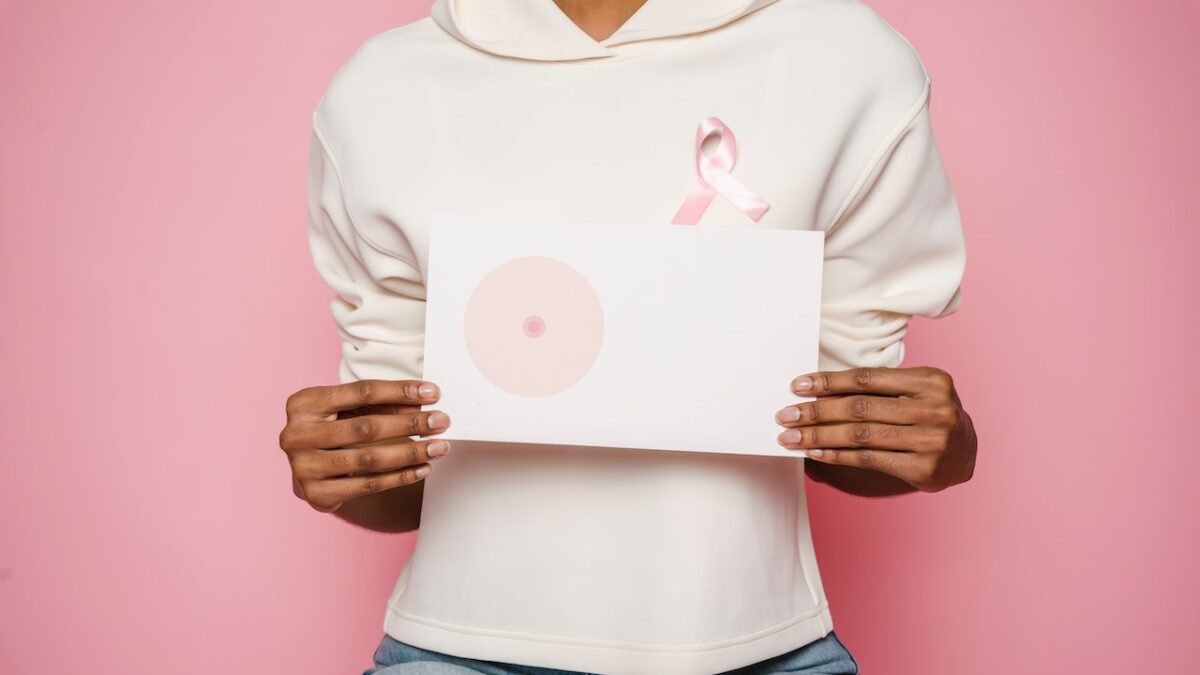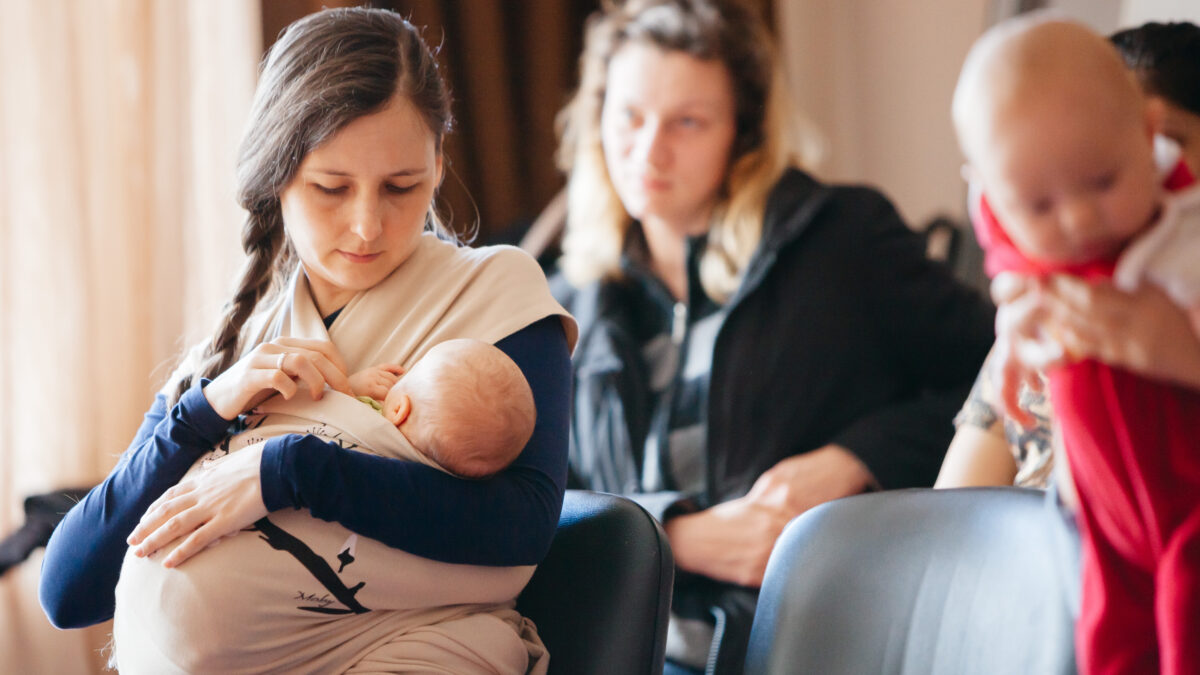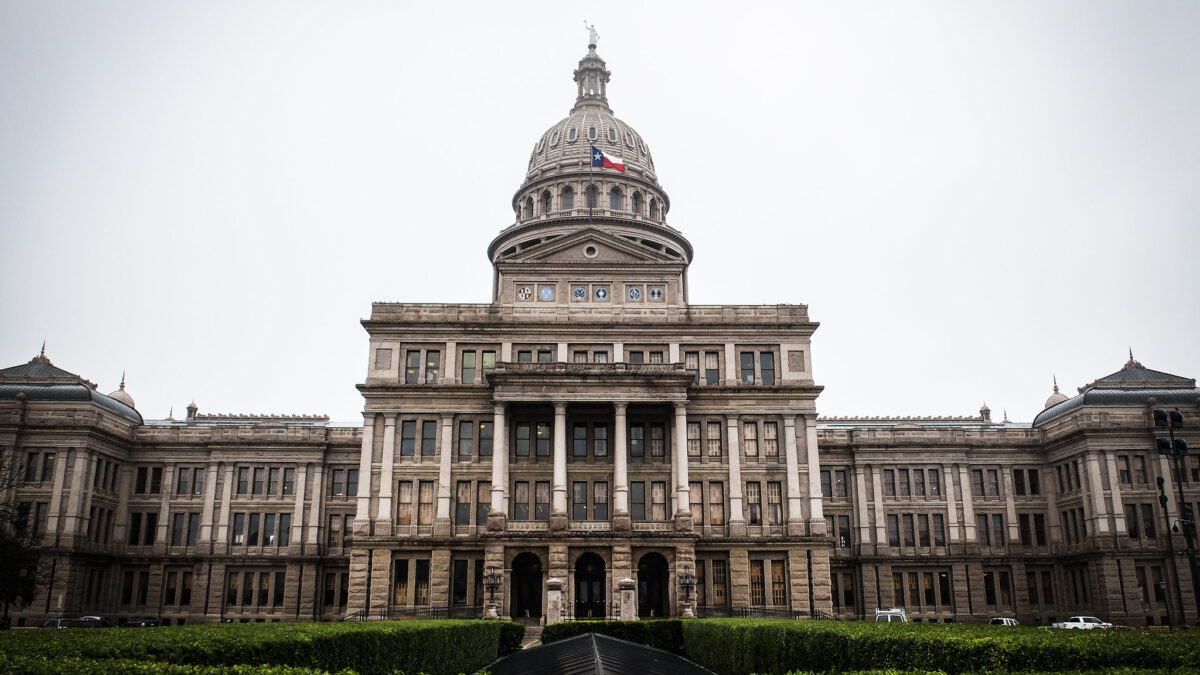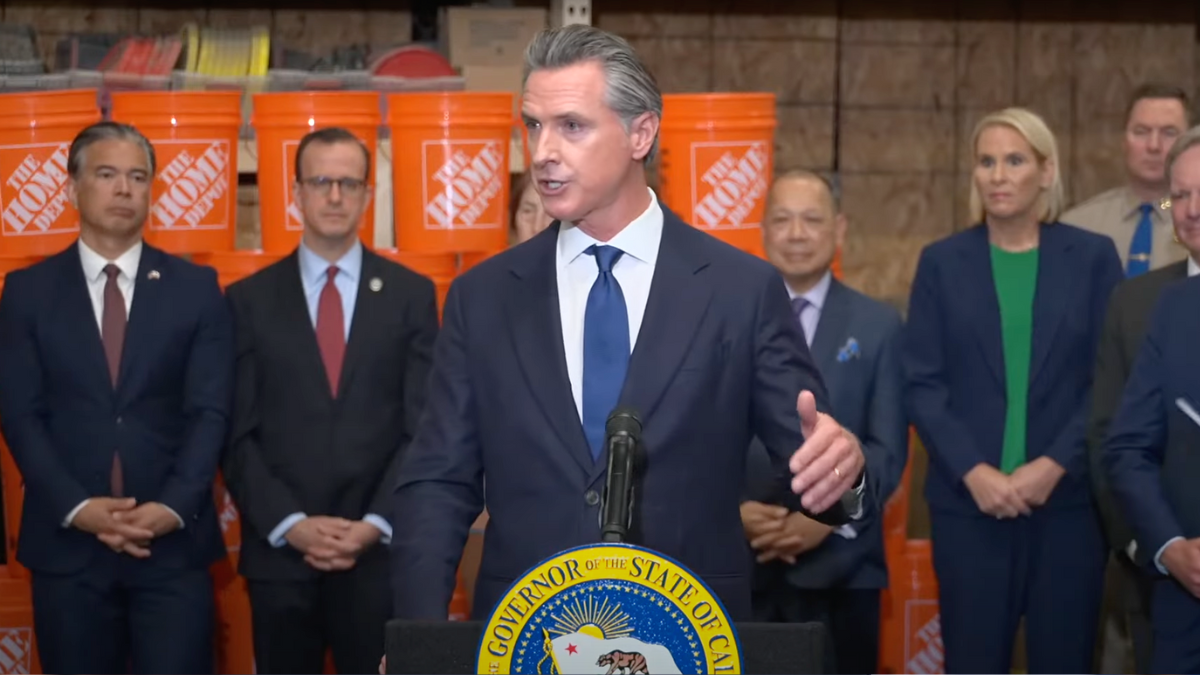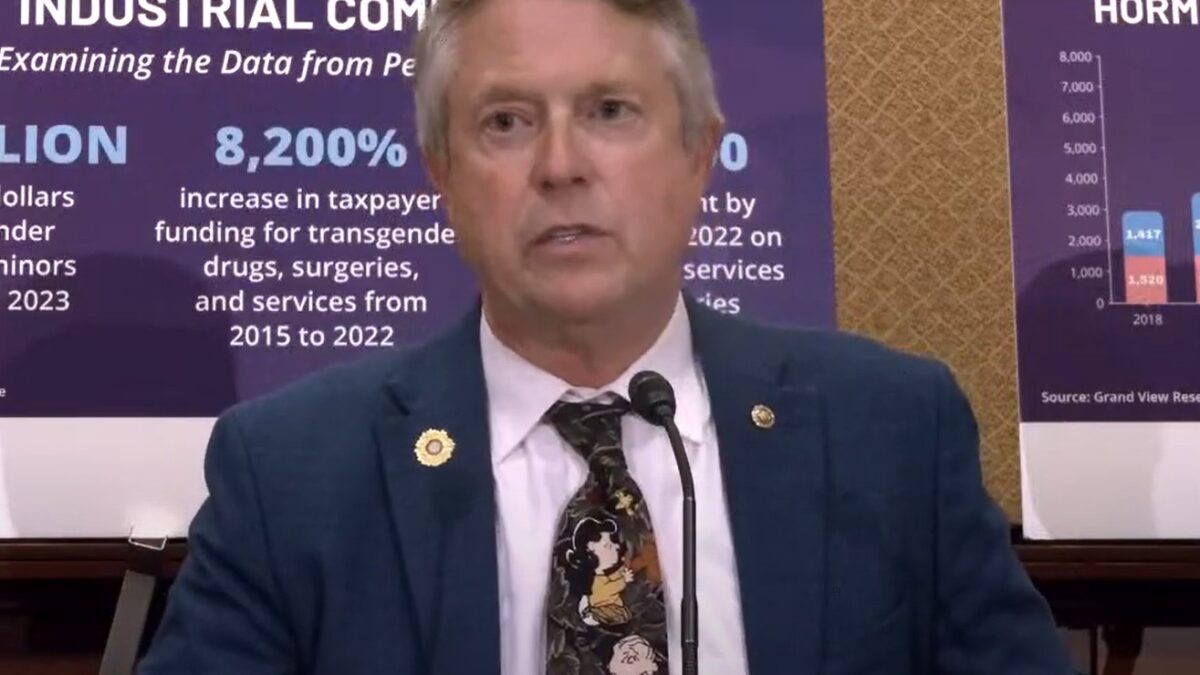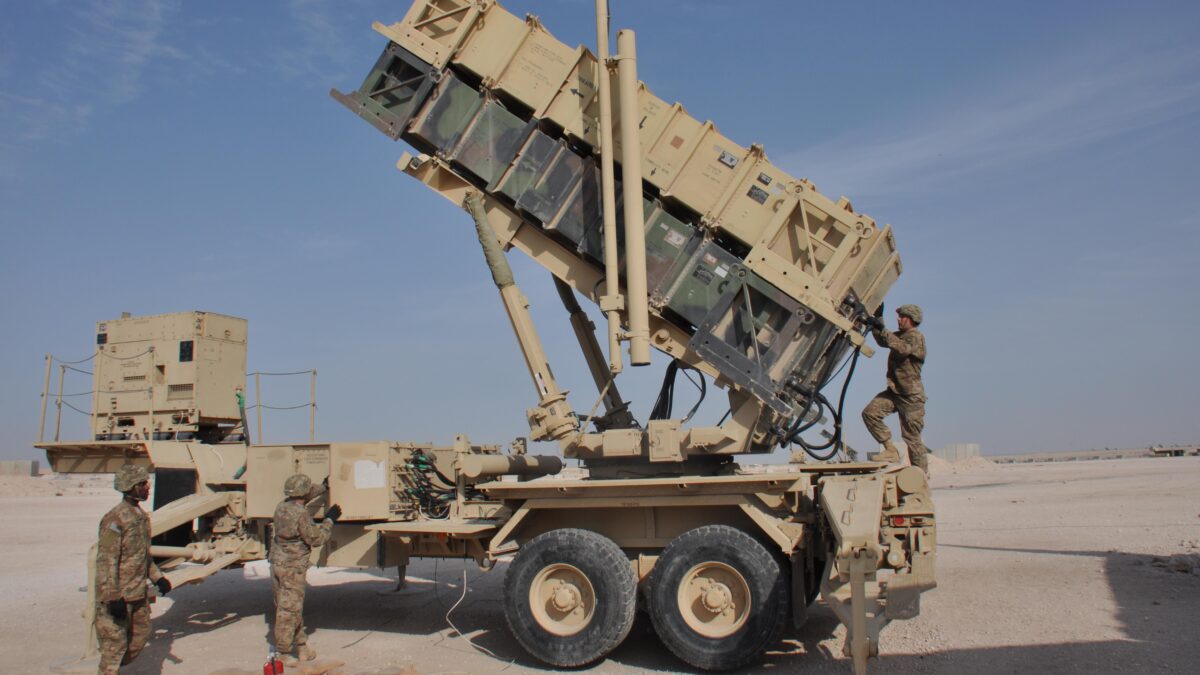For nearly four decades, the country has recognized October as Breast Cancer Awareness Month. Sadly, this year we must draw attention to how activists and even some medical professionals are exploiting the complex disease. Breast cancer treatment is the latest medical field to be “queered.”
It may sound astonishing, even unbelievable, but to certain more extreme transgender individuals out there, breast cancer represents not a tragedy, as for most women, but an outright opportunity to embrace personal change. Breast cancer becomes reconfigured as the body’s way of rejecting unwanted female breasts in the only way a repressive heteronormative medical hierarchy will allow.
One online chatroom featured testimony from a female transitioner who now purports to be a male named Mike, who praised the “silver lining” of cancer as facilitating not only the removal of her breasts but also, due to related medical reasons, necessitating a full hysterectomy. As such, “I’d say that someone with a great deal of power wants very much for me to be, or at least to look like, a man.” Cancer seems a very strange thing to be thanking God for.
For some so-called “Flat Activists,” “the male gaze shapes breast cancer care,” and reveals “the deep roots of misogyny” in the medical profession. As “the queer community” are more comfortable with magical thinking along the lines of men not necessarily needing penises or women needing vaginas, it naturally follows that breastless females are simply yet another positive manifestation of androgyny, even if said breasts have been surgically removed due to extreme illness. It appears that being transgender is an active advantage for the truly enlightened cancer patient, who will cope with her diagnosis far better than a straight woman ever could.
A Social Disease
A Canadian website, queeringcancer.ca, supported by the Canadian Institutes of Health Research, aims to become a “knowledge translation initiative” helping support non-straight cancer sufferers by “avoiding gendered categories like ‘men’s’ and ‘women’s’ cancers”, even though such things demonstrably do exist. Yet blindly agitating to downplay such elementary facts could actually damage these patients’ health by discouraging them to undergo vital procedures such as mammograms or testicular and prostate examinations. Is it really worth sparing someone’s feelings at the expense of costing them their life?
Through the site, LGBT cancer patients can access the personal medical histories of their peers, such as that of British breast cancer survivor Angie Beckles, who identifies as being “queer, autistic, disabled, non-binary, mixed race, demisexual, asexual/graysexual [and] romantic.” Beckles feels breast cancer is “one of those really gendered cancers” and is “very, very cisnormative, not to say cissexist” as it forces sufferers to think about their breasts “constantly when you’d largely managed to ignore their existence” for years. These “annoying, large lumps” had suddenly “sprouted” on her at age 11, “without my consent,” only to later “horribly betray her” by becoming cancerous.
Cancer provided Beckles with the opportunity to “reassess my gender, the culmination of a long, slow process that had started with being a tomboy as a child” and ended in a hospitalized mastectomy.
Ultimately, Beckles did not want to undergo reconstructive breast surgery following the removal of her affected breast but would have preferred instead to have the other one removed alongside it. This should indeed be her right if that’s what she wants, but Beckles decried the automatic medical presumptions that a) she would want her missing breast surgically reconstructed and that b) she was actually female at all.
The Body Politic
In their never-ending quest to transform all existence into a mere subjective “narrative” imposed upon an unwilling society from above by straight, cisgender white males, contemporary leftists have unleashed a wave of pseudo-academic papers with titles like “Cancer Knowledge in the Plural: Queering the Biopolitics of Narrative and Affective Mobilities” out onto the world. In an era of oppressive “ludic capitalism” and “Neoliberal DIY Health logistics,” this paper bewails the emphasis placed by doctors on “stories of the reconstruction of states of normalcy” upon affected bodies, something traditionally known as “curing patients.”
To “queer” something, in academic parlance, means to make it non-normative, and cancer, like transgender amputations, will certainly do that to the average human body. According to the paper’s abstract, “Queer cancer narrative practices represent a relationship to health and embodiment that is predicated, not on normalcy, but on troubling norms [and] on artful failure” — which, as far as I can tell, appears to be a jargonistic euphemism for “dying.”
In “The Problem of Standardized Breast Cancer Narratives,” meanwhile, it is asserted that doctors and medical students enjoy “unearned privilege” which blinds them to how “disruptive narratives of illness can fundamentally challenge assumptions of who patients are and how they should properly act.” Instead of focusing on giving patients hope by pointing to positive stories of cancer survivors, why not instead foreground an “intersectional analysis” of how their illness stands within the contemporary leftist hierarchy of identity politics and class warfare?
Healthy Bodies, Sick Minds
Of course, there are perfectly good reasons for women to forgo reconstructive surgery after a mastectomy, but the above is not one of them. The next stage in this dismal process is aspiring male transsexuals demanding preferential treatment for their imagined “needs” over those of actual females with their actual, non-imaginary, cancerous breasts, something that has allegedly already occurred in the U.K.’s National Health Service, although the NHS has denied this.
In 2018, Toby Sinbad Walker caused outrage by tweeting this genuine moral obscenity: “Trans patients were called last week and informed their long-awaited top surgery [i.e. taxpayer-funded breast removals] had been cancelled to let more cancer mastectomies happen. It’s not their [i.e. transsexuals’] responsibility. Our surgery is not cosmetic. Transgender wait times are fatal and #IWon’tDieWaiting.”
No, but women with actual breast cancer will, won’t they? Ostentatiously threatening to commit suicide just so you can jump the line for surgery over those who actually need it seems like the ultimate unhealthy self-obsession. The way cancer works to metastasize and rot healthy bodies from within is precisely what queer theory seeks to do to the West, transforming a previously sound society into an ailing and morally inverted one.
If your physical body is healthy, yet you try to steal precious care away from those dying of breast cancer — and proudly post and boast about it to all — then, ironically, you clearly are a very sick individual indeed, just not in the way you think you are.
